
Seldom without a computer of some sort since graduating from the University of British Columbia in 1978, I have been a full-time Linux user since 2005, a full-time Solaris and SunOS user from 1986 through 2005, and UNIX System V user before that.
On the technical side of things, I have spent a great deal of my career as a consultant, doing data analysis and visualization; especially spatial data analysis. I have a substantial amount of related programming experience, using C, awk, Java, Python, PostgreSQL, PostGIS and lately Groovy. I'm looking at Julia with great interest. I have also built a few desktop and web-based applications, primarily in Java and lately in Grails with lots of JavaScript on the front end and PostgreSQL as my database of choice.
Aside from that, I spend a considerable amount of time writing proposals, technical reports and - of course - stuff on https://opensource.com.




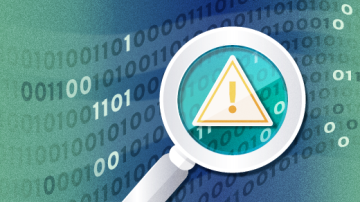
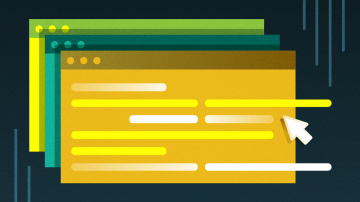
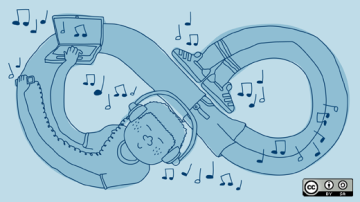
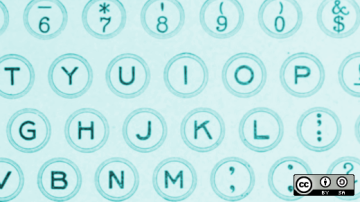


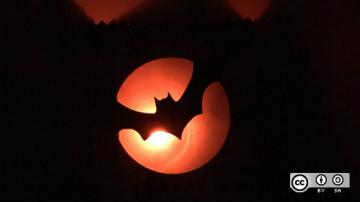
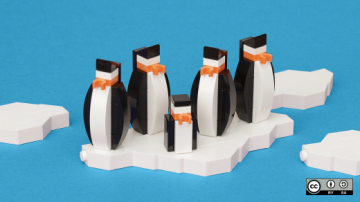
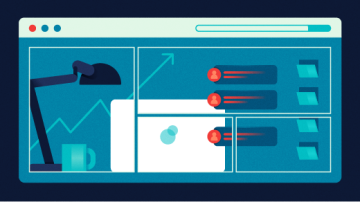
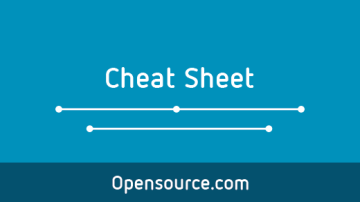
Authored Comments
Thank you Aleksandra! As a fellow mathematician (though I fear a somewhat lapsed one), I always enjoy seeing this kind of illumination of mathematical concepts with relevant concrete examples. Great article!
Josip! What an awesome article, thank you very much for the clear explanation and demos and the site... wow!